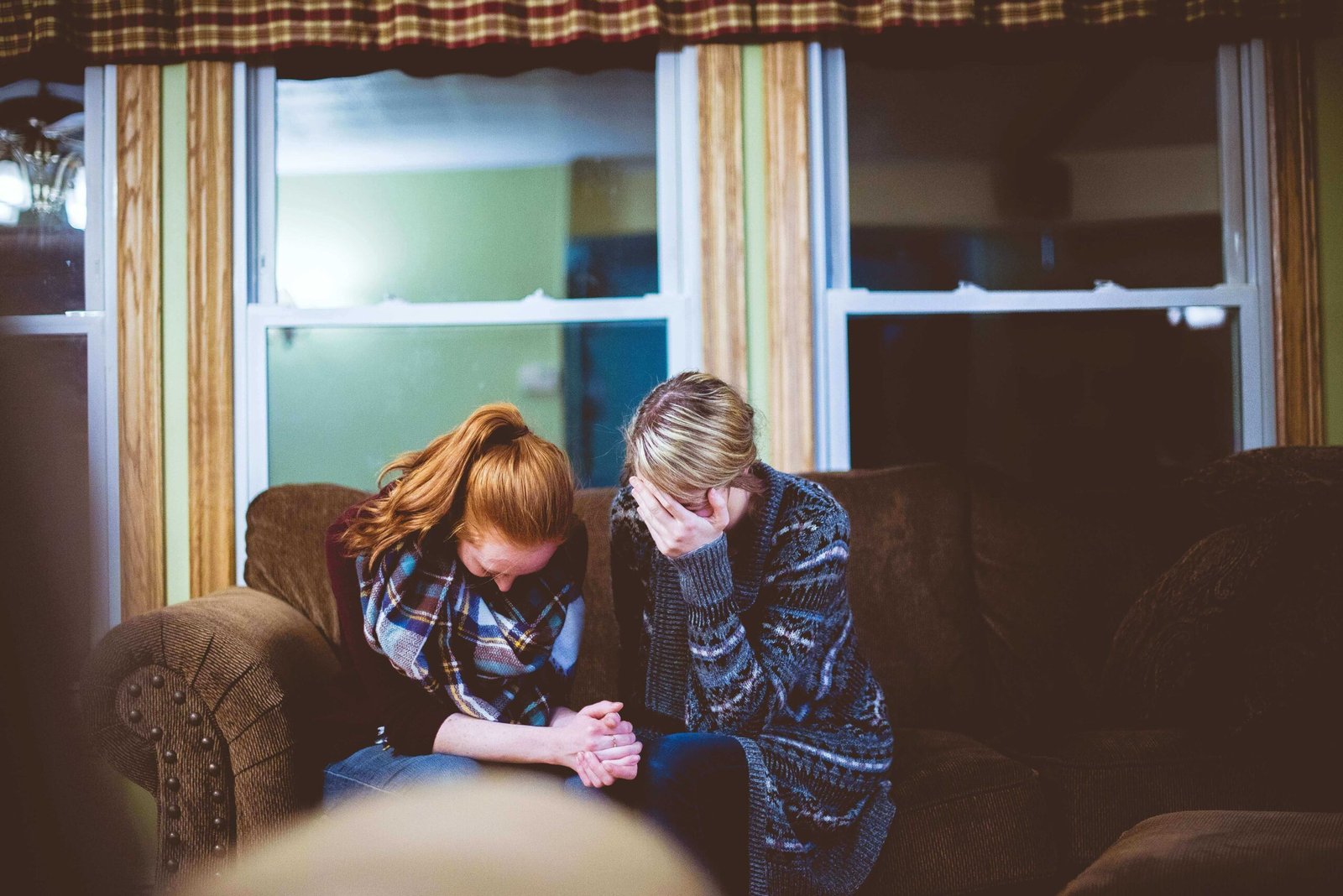

Like everyone, I’ve done a decent amount of things that I would consider to be bad. I’ve also sat in my bed thinking to myself, am I a bad person? And I’m a self help writer!
While the world is neither black nor white, we love to divide it into two sides: good and bad.
We’ve grown up learning what is good and bad based on an unspoken moral code. And most of us will go above and beyond to make sure we’re labeled as good people.
Yet, we forget that we’re only human. Meaning, we make mistakes along the way; that’s how we learn, that’s how we grow.
While you’ve read my articles about people who ghost you or narcissists, it’s easy to label them as bad people. They hurt other people; therefore, they are bad. However, with that, we reduce them, turning them into villains.
Sure, someone may have ghosted you or cheated on you, but does that make them inherently a bad person? No.

Now, this is a good and complex question. There’s no easy answer to this. Even as a self help writer, I cannot tell you.
Why? Well, because a “bad” person is subjective.
If a person steals bread from a shop but is homeless and hungry, does that make them a bad person? Or is it their current circumstance that labels them as being bad?
Being bad is subjective because everyone has their own backstory that shapes their behavior.
What one person considers bad, another person may not.
In 2018, a research paper suggested that the dark factor of personality is the source of all cruel and unethical behavior.
The dark factor traits include:
These traits suggest that a person will pursue their own interests at the expense of others.
Maybe you see some of those traits in yourself or the people around you. However, by self-reflecting and identifying them, you can change those behaviors.
Ask yourself these questions:
After answering these questions, you’ll see what areas you need to work on.
You are capable of improving yourself and growing, but it will take work. If you’re not ready for this, focus on choosing not to do bad things. For example, lying less is one step forward.

We all make mistakes. What’s important is we learn to grow from them, becoming better versions of ourselves.
If you’ve been asking yourself, am I a bad person? see this as an opportunity for growth.
As a relationship and self help writer, I know that you improve the relationships around you by improving yourself.





If you want to increase intimacy and connection in the boudoir, here’s what you need to do.

So, if you’re reading this, there’s a chance that you’re not feeling good about your relationship. If you’re asking yourself, is my relationship toxic? It’s time to know the signs. Here are the signs of a toxic relationship.

You’ve met someone that you’re sure is the one. Now, I’m not going to tell you you’re wrong. I don’t even know you! But here’s the thing, are they really the one? Here’s how to know if you met the one.

Rather than asking are rough patches in a relationship normal, what you should be asking yourself is what’s causing them and how to overcome those rough patches.
Get real relationship and dating advice straight to your email now.